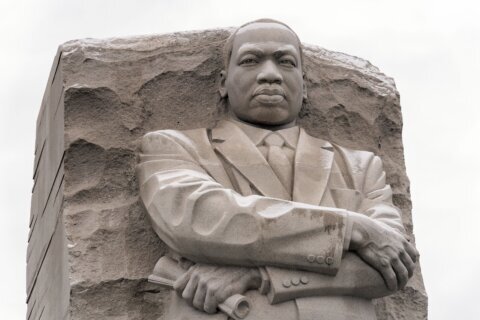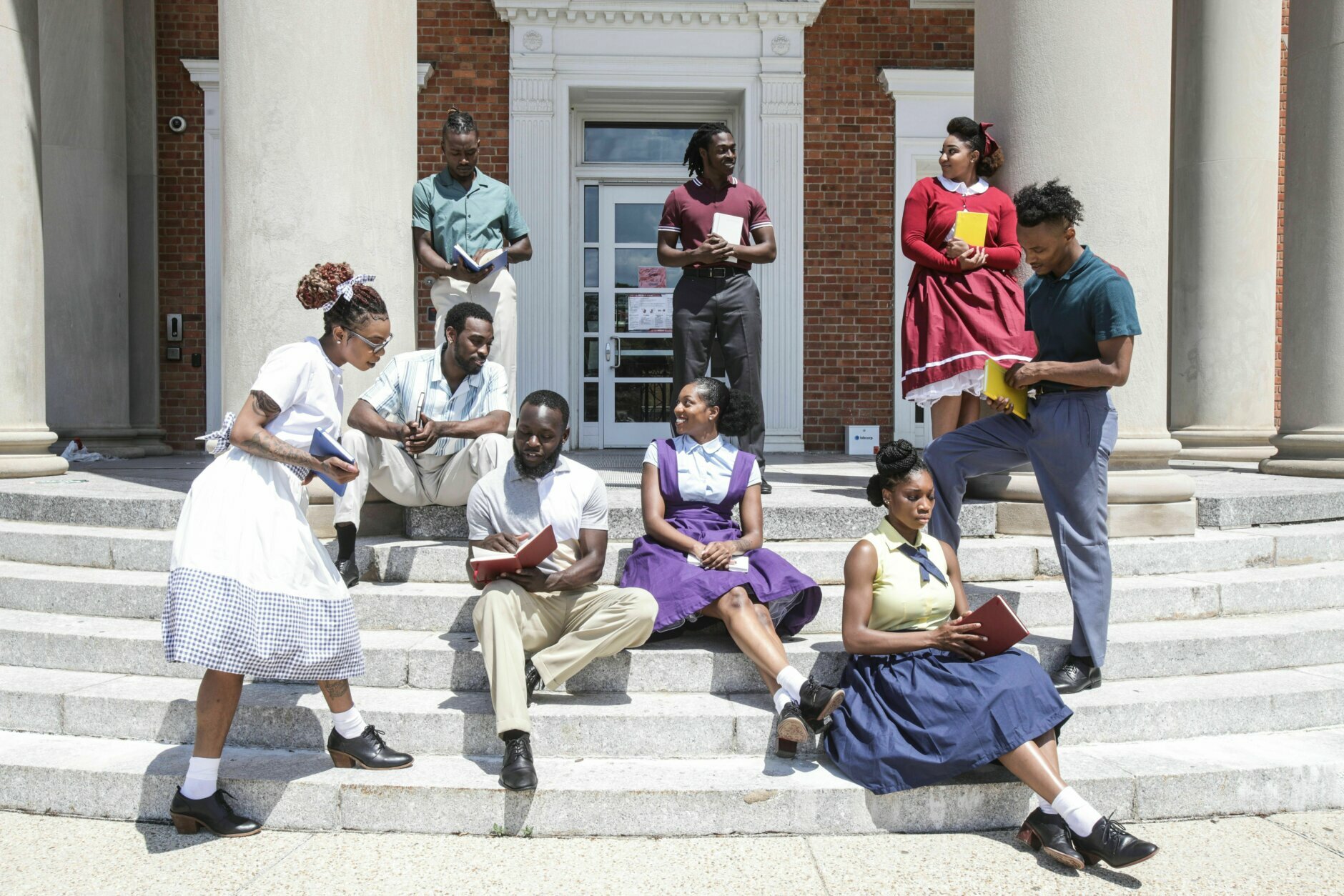
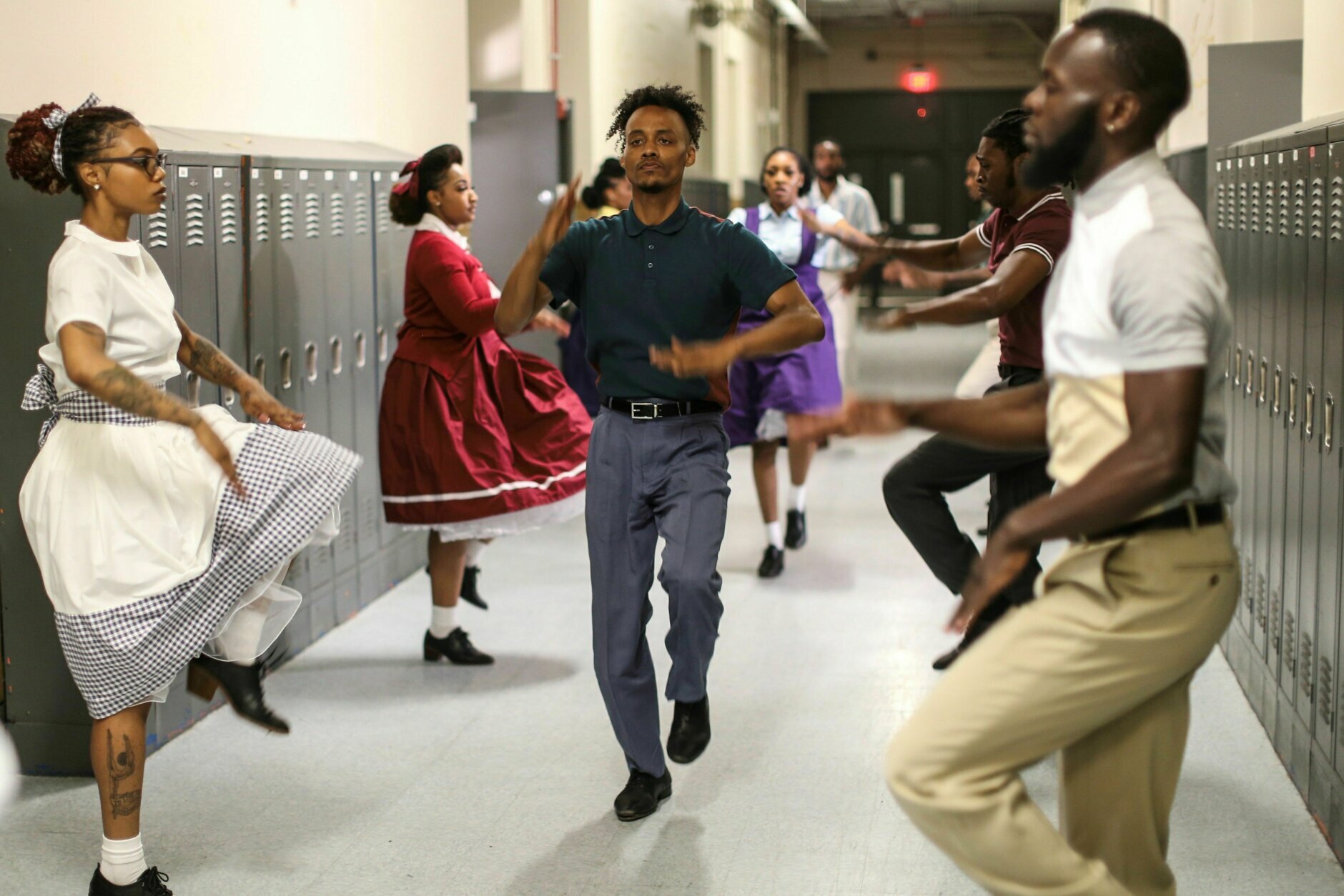
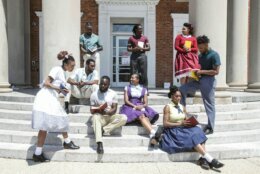
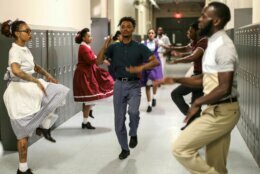
For the first time, Juneteenth will be celebrated as a national holiday, and a D.C. dance troupe with roots in the Black experience on American college campuses will be providing a virtual performance to mark the event.
Step Afrika! performs what is called “stepping,” a genre that was developed in the early 1900s among members of the Black sororities and fraternities that make up what is now known as “the Divine Nine.”
C. Brian Williams, founder and executive director of Step Afrika!, explained what stepping is.
“We define stepping as a highly energetic, polyrhythmic, percussive dance form created by African American college students.”
Williams, a Howard University alumnus, said the dance style is “folkloric dance. It’s a ritual; it’s a traditional dance.”
This Saturday on Juneteenth, Step Afrika! is providing a free, virtual performance that will include three choreographed pieces, including a tribute to the Little Rock Nine — the Black teenagers who entered the all-white Central High School in Arkansas three years after the Supreme Court ruled that segregated education was illegal in 1954.
When speaking about the teenagers who faced down angry mobs to attend school, Williams’ admiration for what those nine young people endured is clear.
“I’m really glad that my artists are paying tribute to them with this performance,” he said.
Williams said it’s exciting to be able to offer the virtual performances that will cap the day.
“Juneteenth is, in a way, America’s second Independence Day. Because when July Fourth happened, it did not speak to freedom of all of its people,” he said.
Williams said so much of U.S. history has not been explored, and Juneteenth is just the beginning of righting some historic, systemic wrongs in the country.
He also said that there’s a growing interest in the untold stories of American history, and he is excited for people to understand it more.
“I hope people are open to that, to learning,” Williams said.
- Juneteenth: What’s open, what’s closed in DC, Md., Va.
- LISTEN: Olney man shares his family’s Juneteenth story
- EXPLAINER: The story of Juneteenth, the new federal holiday
- Federal government, Md., DC announce closures for Juneteenth


